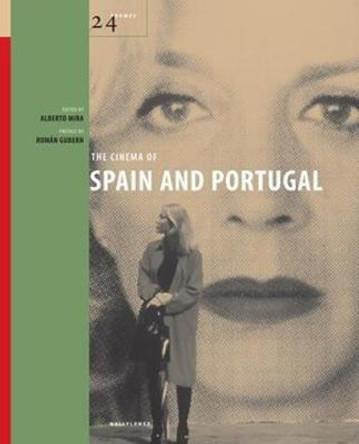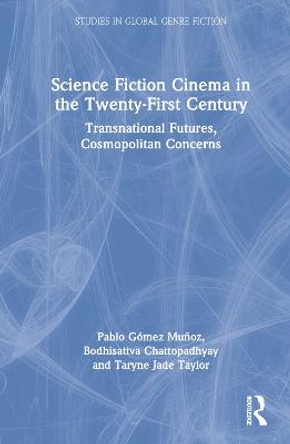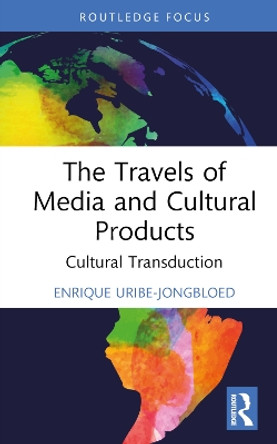Description
Though cinema arrived in Spain and Portugal at the end of the nineteenth century, national and industrial problems as well as the dictatorships of Salazar and Caetano (in Portugal) and Franco (in Spain) meant Iberian cinemas were isolated from European cultural trends. Strict censorship in both countries limited the themes and artistic practices adopted, while a specific cinematographic language, in many cases full of metaphors and symbolism, sought alternatives to the imposed official discourse and preconceived definitions of supposed national identities. By contrast, the arrival of democracy from the 1970s onwards widened not just the panorama of film production and criticism, but also opened the film industry to women's participation in areas historically assigned to men.
Focusing on Portuguese and Spanish cinema, this collection brings together research about women and their status in relation to Iberian filmic culture. The volume contributes to ongoing debates about the position of women in the cinemas of Portugal and Spain from interdisciplinary and feminist perspectives as well as new accounts of film history. It also aims to promote comparisons between Iberian cinemas and visual culture, a topic that is almost unexplored in academia, despite the similar histories of the two countries, particularly throughout the twentieth century.
About the Author
Elena Cordero-Hoyo is a Ph.D. student carrying out a research on 'Women's Access to Silent Cinema in Spain and Portugal' in the PhD-COMP (University of Lisbon, KU Leuven, University of Bologna), receiving a FCT scholarship (PD/BD/128075/2016). She is part of the research projects 'Iberian and Ibero-American Dialogues' and 'Cinema and the World' at Centro de Estudos Comparatistas (Center for Comparative Studies) from the Falculty of Arts (University of Lisbon , FLUL) and of the research group 'Presence and Representation of Women in Early Cinema' (University of Girona, HAR2015-66262-P). She is also an editor of Secuencias, an online film history journal.
Begona Soto-Vazquez is professor of media history and cinema theory at the Universidad Rey Juan Carlos (Madrid), where she directed the MA and Ph.D. of Spanish Cinema Studies. She is the Spanish coordinator of the 'Women's Film Pioneer Project'. She was the founder and director of the Film Archive of Andalucia and has collaborated with film restoration projects within the Filmoteca Espanola and Filmoteca de Catalunya. She is part of the research group 'Presence and Representation of Women in Early Cinema' (University of Girona, HAR2015-66262-P) and a member of the Asociacion Espanola de Historiadores del Cine and Domitor.
Reviews
'What Women in Iberian Filmic Culture does particularly well is to bring together various perspectives that cover the less obvious aspect of women's contributions to the Iberian film industries. Forming some unusual connections between disciplines that rarely feature in history books, and focusing on contributions that often happen in the background and remain unaccounted for, we are effectively presented with an alternative vision of female resistance (and persistence), while also making a difficult journey through an otherwise male dominated field. [...] Women in Iberian Filmic Culture is therefore a refreshing read, appreciating the input that generations of women have made to shape the filmmaking industry on the Iberian Peninsula.'
-- Agata Lulkowska, Studies in European CinemaBook Information
ISBN 9781789381719
Author Elena Cordero-Hoyo
Format Paperback
Page Count 222
Imprint Intellect Books
Publisher Intellect Books
Details
Subtitle: |
A Feminist Approach to the Cinemas of Portugal and Spain |
Imprint: |
Intellect Books |















